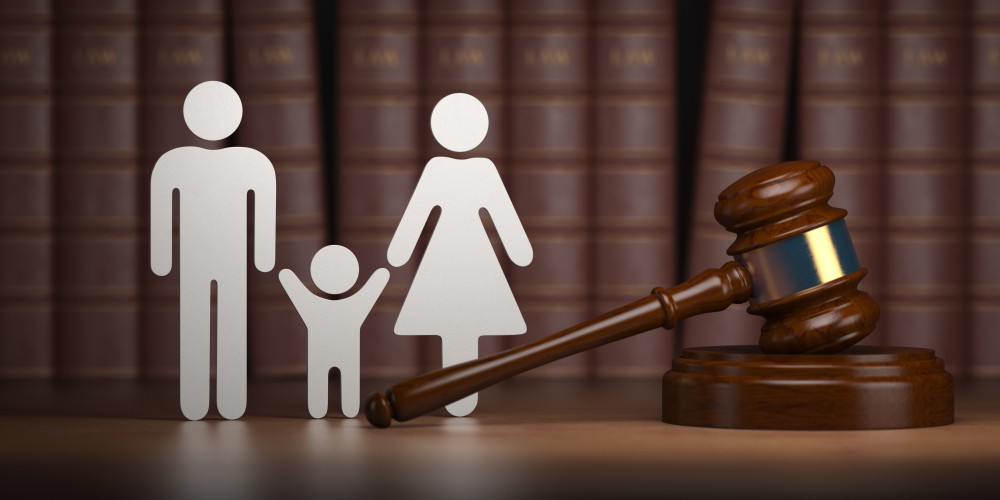Children and Women in Photographs: Special Protections Under UAE Law
In the UAE, privacy and personal dignity are deeply respected and legally protected. With the widespread use of smartphones and social media, taking and sharing photos without consent — especially of women and children — can lead to serious legal consequences. The UAE’s laws strictly safeguard individuals’ privacy, reflecting the nation’s cultural and ethical values.

Legal Framework Protecting Privacy
Under Federal Decree-Law No. 34 of 2021 on Combating Rumors and Cybercrimes, it is a criminal offence to take, store, or publish images or videos of others without their consent. This protection is particularly strong for women and minors, as their privacy is considered inviolable under UAE law.
Article 44 of the law specifies that publishing or circulating photos or videos of others on digital platforms without permission can lead to imprisonment and fines that may exceed AED 500,000. The offence applies even if the images were captured in public places or shared unintentionally.
Special Protections for Women and Children
Women and children enjoy enhanced legal protection in the UAE due to their vulnerability in matters of privacy and reputation. Sharing or posting their images online without authorization is treated as a violation of personal rights and public morality.
For instance, uploading a child’s photograph without the consent of a parent or guardian — even on personal social media — can be deemed a breach of the law. Similarly, taking a woman’s picture without explicit permission, whether in public or private settings, can attract legal penalties.
These laws are not only about privacy but also about preserving dignity, safety, and social values. Authorities view such acts as potentially harmful, especially in cases where images could be misused or lead to defamation, harassment, or emotional distress.
Legal Guidance from TLG: The Legal Group
Navigating privacy and cybercrime laws in the UAE requires a clear understanding of both legal boundaries and cultural sensitivities. Saif Al Shamsi, founder of TLG: The Legal Group, and his team provide expert legal assistance to individuals and businesses dealing with privacy-related offences.
Their services include:
- Advising on lawful photography and media use in public and private spaces.
- Representing clients accused of violating cybercrime or privacy laws.
- Assisting victims whose photos were taken or shared without consent.
- Filing complaints with the relevant authorities and ensuring swift resolution.
- Offering preventive legal guidance for influencers, content creators, and companies to comply with UAE regulations.
Through their proactive legal strategies, TLG helps clients protect their rights, reputation, and compliance with UAE’s privacy framework.
Conclusion
The UAE’s strict stance on photographing and sharing images of women and children underscores its commitment to protecting privacy and moral values. Respecting consent is not only a legal duty but a reflection of the nation’s cultural respect for individual dignity. In a digital world where boundaries blur easily, understanding and adhering to these laws ensures both social responsibility and legal safety.
